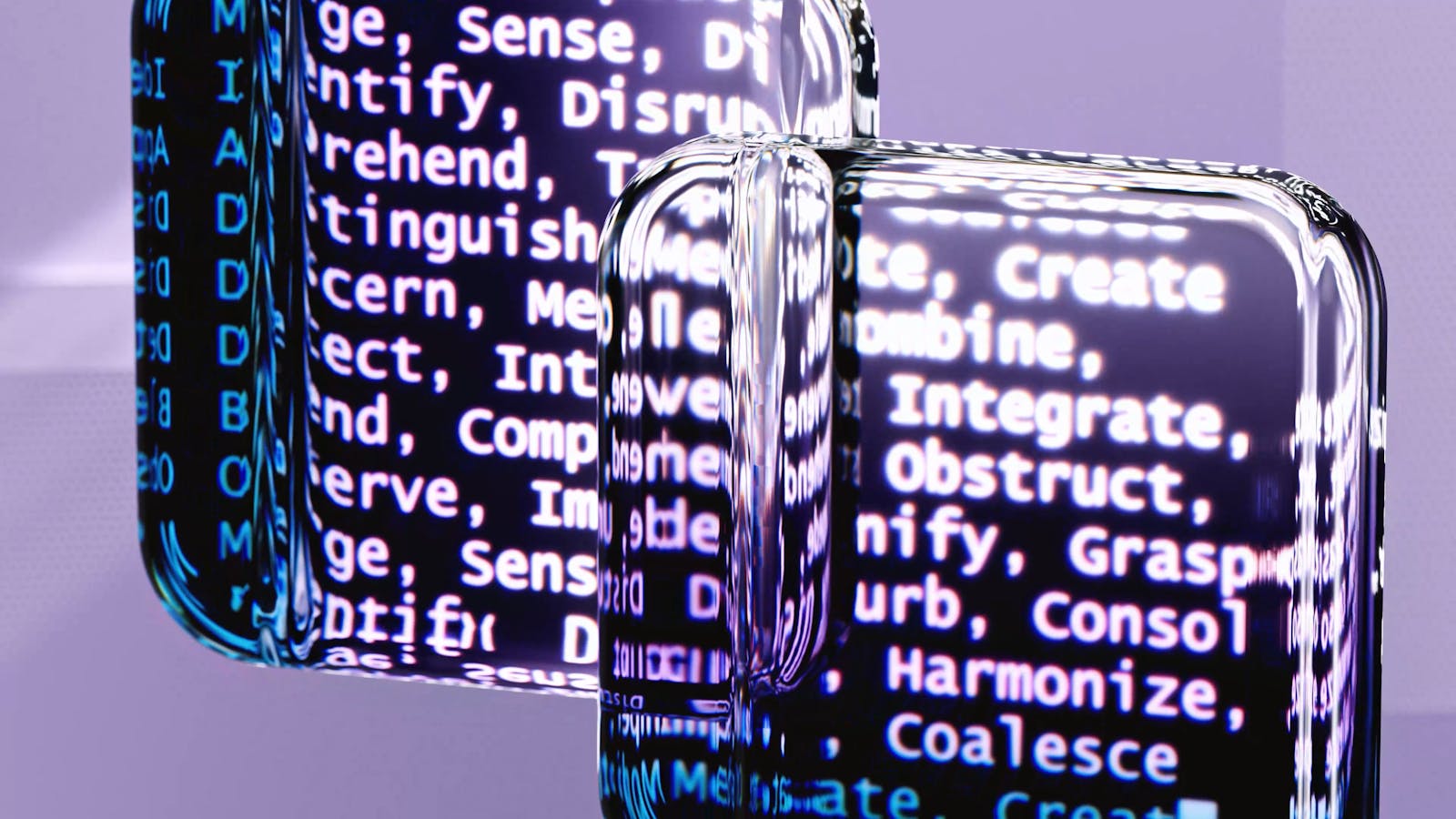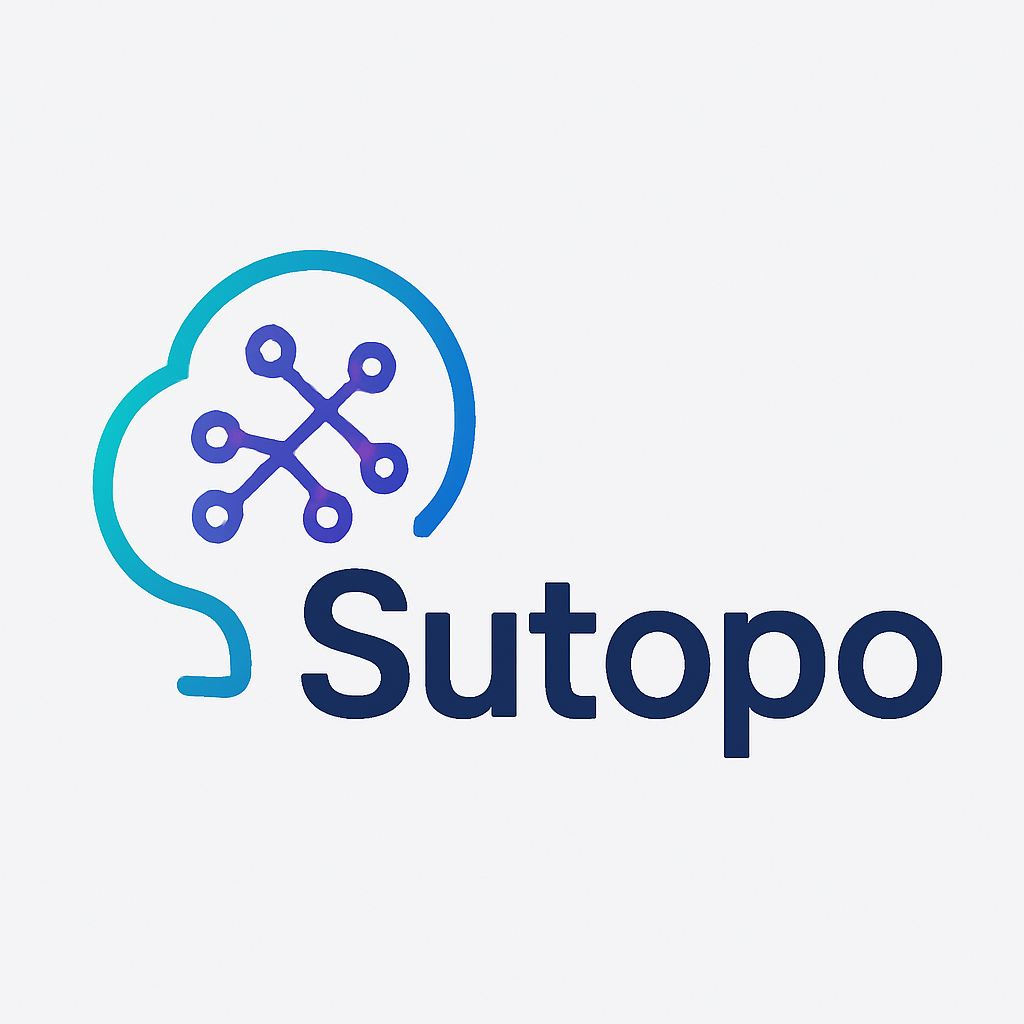
The Rise of the AI Coders: Transforming the Landscape of Software Development
Artificial intelligence (AI) is rapidly permeating every facet of our lives, and the world of software development is no exception.1 AI coders, also known as AI-assisted coding tools or AI code generators, are emerging as powerful allies for developers, promising to revolutionize how software is created.2 These intelligent systems leverage machine learning, natural language processing, and vast amounts of code data to automate various aspects of the coding process, from generating code snippets to identifying bugs and even designing entire software architectures.3 This article delves into the world of AI coders, exploring their capabilities, benefits, challenges, and the transformative impact they are having on the software development landscape.
Understanding AI Coders: How They Work
At their core, AI coders are sophisticated software programs trained on massive datasets of code from diverse sources, including open-source repositories, code documentation, and programming tutorials.4 This training allows them to recognize patterns, understand syntax and semantics, and learn the best practices of various programming languages.5 By employing techniques like deep learning, neural networks, and natural language processing, AI coders can:
- Generate code: Based on natural language descriptions or code context, AI coders can generate code snippets, functions, or even entire programs in various programming languages.6
- Autocomplete code: As developers type, AI coders can suggest code completions, reducing typing time and minimizing errors.7
- Identify bugs: By analyzing code for common errors and vulnerabilities, AI coders can help developers catch and fix bugs early in the development process.8
- Refactor code: AI coders can suggest improvements to code structure, readability, and efficiency, helping developers write cleaner and more maintainable code.9
- Translate code: Some AI coders can translate code from one programming language to another, facilitating cross-platform development and code migration.10
The Benefits of AI Coders
The adoption of AI coders offers a wide array of benefits for developers and organizations alike:
- Increased productivity: By automating repetitive tasks and providing intelligent code suggestions, AI coders significantly accelerate the development process, allowing developers to focus on higher-level tasks and deliver projects faster.11
- Reduced errors: AI coders can help prevent common coding errors, such as syntax errors, typos, and logical flaws, leading to more robust and reliable software.12
- Improved code quality: By suggesting best practices and code refactoring, AI coders contribute to writing cleaner, more efficient, and maintainable code.13
- Lower development costs: By increasing productivity and reducing errors, AI coders help lower the overall cost of software development.14
- Democratization of coding: AI coders can make coding more accessible to beginners and non-programmers by providing guidance and generating code based on natural language descriptions.15
- Enhanced learning: AI coders can serve as valuable learning tools for developers, providing examples of best practices, suggesting alternative solutions, and offering insights into different coding styles.16
Examples of AI Coders
Several AI coding tools have emerged in recent years, each with its unique strengths and capabilities:17
- GitHub Copilot: Developed in collaboration between GitHub and OpenAI, Copilot is one of the most popular AI pair programmers.18 It integrates with popular code editors and provides code suggestions, autocompletions, and even generates entire functions based on natural language comments.19
- Tabnine: Tabnine is another powerful AI code completion tool that supports a wide range of programming languages and integrates with various IDEs.20 It learns from your coding patterns and provides personalized code suggestions.
- Amazon CodeWhisperer: This AI coding companion from Amazon provides real-time code suggestions and security scans directly within the IDE, helping developers write secure and efficient code.21
- DeepCode: DeepCode focuses on code analysis and bug detection, using AI to identify potential issues and suggest fixes.22
- MutableAI: MutableAI takes a different approach by focusing on automated code refactoring.23 It analyzes code and suggests improvements to its structure, readability, and performance.24
Challenges and Considerations
While AI coders offer significant advantages, there are also challenges and considerations to address:
- Accuracy and reliability: While AI coders are trained on vast amounts of data, they are not perfect.25 They can sometimes generate incorrect or suboptimal code, requiring developers to carefully review and validate their output.26
- Bias and fairness: AI models can inherit biases present in their training data, leading to code that reflects these biases.27 It is crucial to ensure that training data is diverse and representative to mitigate this issue.
- Security vulnerabilities: AI coders can sometimes generate code with security vulnerabilities if not trained on secure coding practices.28 It is essential to incorporate security considerations into the training process and use AI coders in conjunction with security analysis tools.
- Copyright and licensing: The use of code generated by AI coders raises questions about copyright and licensing, especially when the training data includes copyrighted code.29 Clear guidelines and legal frameworks are needed to address these issues.
- Over-reliance and deskilling: There is a concern that over-reliance on AI coders could lead to deskilling among developers, as they may become less proficient in writing code from scratch. It is important to use AI coders as tools to augment human capabilities, not replace them entirely.30
- Ethical implications: The use of AI in coding raises ethical questions about job displacement, the responsibility for errors in AI-generated code, and the potential for misuse.31 Careful consideration of these ethical implications is necessary.
The Future of AI Coders
The field of AI coders is rapidly evolving, with ongoing research and development pushing the boundaries of what these systems can do. Future trends include:
- More advanced code generation: AI coders will become even better at generating complex code, including entire applications, based on high-level specifications or natural language descriptions.
- Improved code understanding: AI coders will gain a deeper understanding of code semantics and context, leading to more accurate and relevant code suggestions.32
- Integration with other development tools: AI coders will be seamlessly integrated with other development tools and workflows, providing a more holistic and efficient development experience.33
- Personalized AI coding assistants: AI coders will be able to learn individual developers’ coding styles and preferences, providing personalized assistance and suggestions.34
- AI-driven software design: AI will play a greater role in the design and architecture of software systems, helping developers create more efficient and scalable applications.
Conclusion
AI coders are transforming the landscape of software development, offering significant benefits in terms of productivity, code quality, and cost-effectiveness.35 While challenges and considerations remain, the ongoing advancements in AI and machine learning promise an even more powerful and versatile role for AI coders in the future. By embracing these intelligent tools and addressing the associated challenges, developers and organizations can unlock new levels of efficiency, innovation, and creativity in the world of software development.36 AI coders are not here to replace human developers, but rather to empower them, augmenting their abilities and allowing them to focus on the more creative and strategic aspects of software development.37 As AI continues to evolve, the future of coding will undoubtedly be shaped by the collaborative partnership between humans and intelligent machines.
